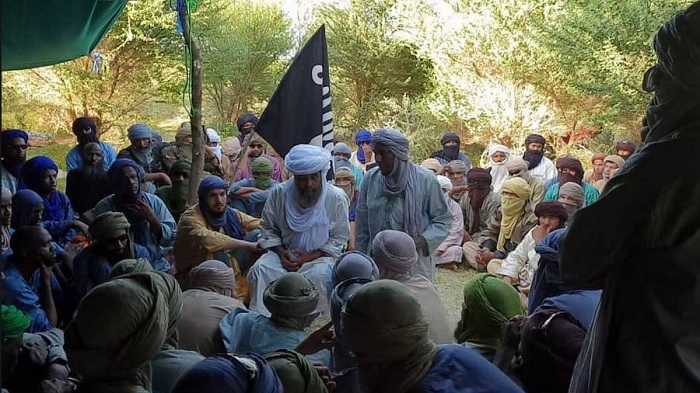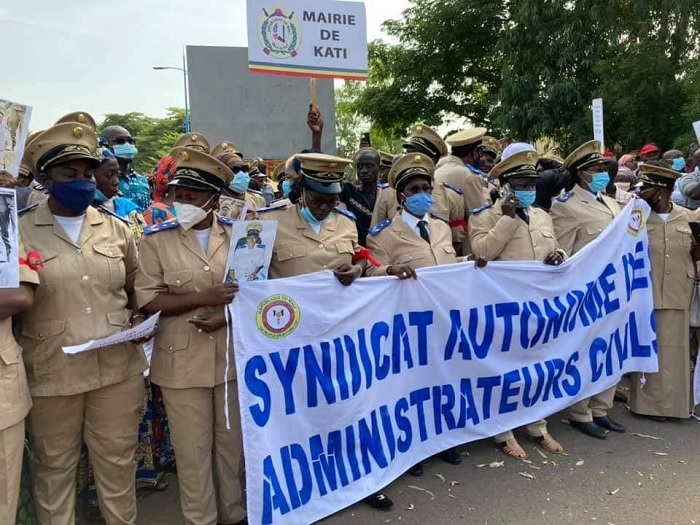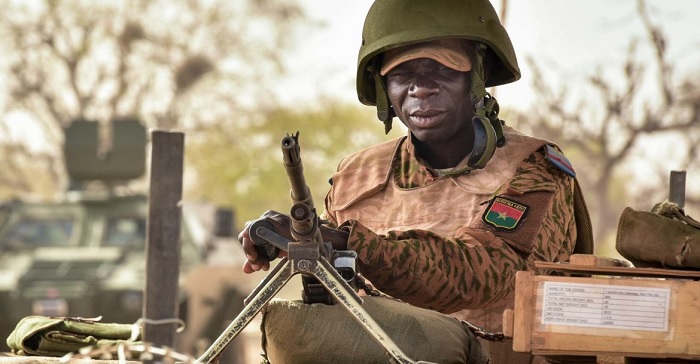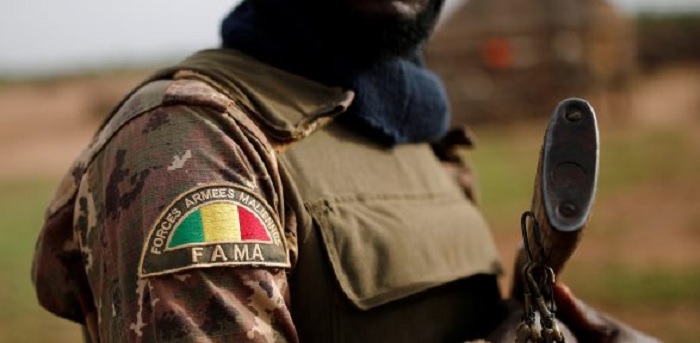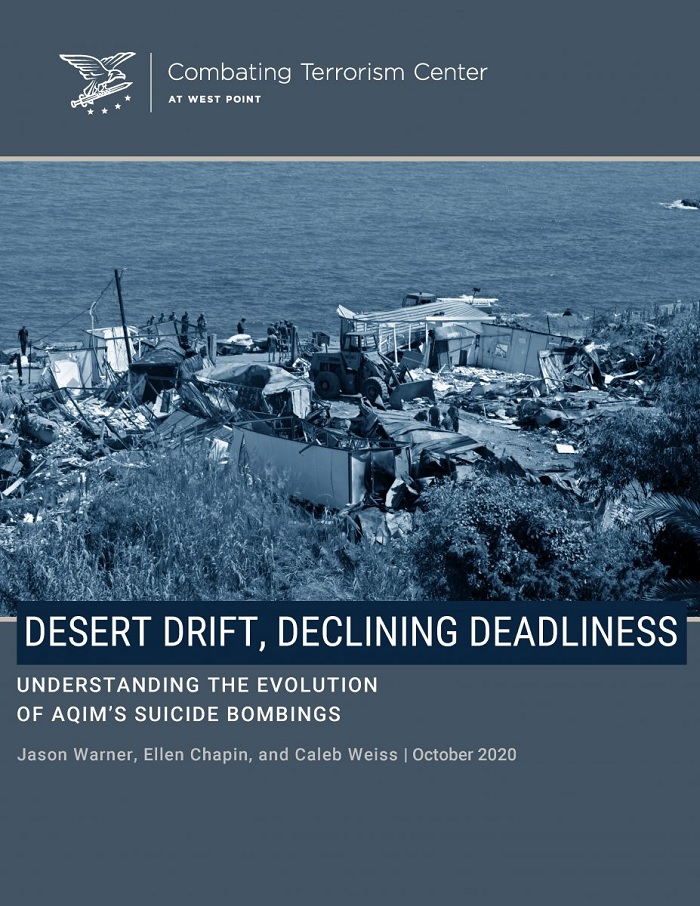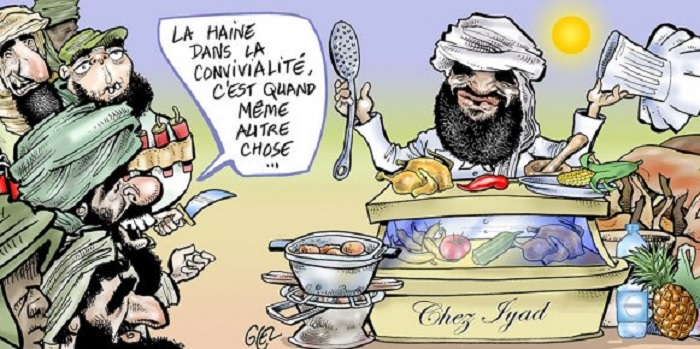Libyan National Army Warns of Possible Attack on its Sirte Positions

The Libyan National Army (LNA), led by Field Marshal Khalifa Haftar, has warned militias loyal to Fayez al-Sarraj’s Government of National Accord (GNA) against attacking its positions in Sirte and al-Jufra regions.

